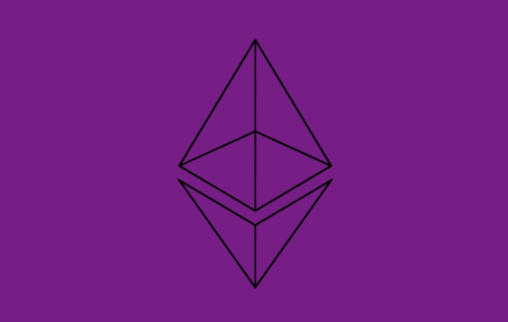

Not all DAOs choose to legally incorporate their organizations. It’s understandable — if the organization exists on a blockchain that doesn’t technically live anywhere, why should an organization tie itself down to the legacy legal system? Doesn’t this mean that no government has jurisdiction over the DAO?
These are all common questions and the legacy system is still obviously trying to catch up. What we do know from lawyers and regulators is that lack of jurisdiction doesn’t make a DAO out of the reach of any government, it means that all governments that have a potential interest in the DAO have jurisdiction.
As you can imagine, this means that a DAO could end up needing to comply with many different bodies of law as opposed to just one.
The default position in the United States is that DAOs are general partnerships. This means that all members of a DAO are legally liable for the actions of one member. This possibility may make it unpalatable for members to join.Therefore legal wrappers for the DAOs that shield its members from legal liability of the others are sometimes helpful and not too difficult to administer.
A Limited Liability Company (“LLC”) is a type of private organization that exists within the United States. This is a corporate structure that shields members (in the legal context they are considered “owners”) from legal liability. This means that if for whatever reason Member A is sued, Members B, C, D do not have to worry about their own liability.
OpenLaw has been a leader in defining and implementing LLC frameworks for DAOs.
Benefits:
Some states like Vermont and Wyoming has developed special frameworks especially for DAOs. These benefits should be weighed against the kind of liberal and reciprocal nature of corporate law in more popular state jurisdictions like Delaware.
An LLC is a “pass-through” organization from a tax perspective. This means that the assets of the organization are really the assets of each individual member. An LLC can opt to be taxed as a partnership or as a corporation. If a DAO elects to be taxes as a corporation, it is likely you will need to make this “check-the-box” election within 75 days of legal incorporation.
The organization will need to file taxes as a company itself, as well as issue tax forms to those who receive payouts from the DAO. If a DAO is not profit seeking (ie there is not any revenue leftover at the end of a fiscal year) the DAO will only need to pay gains/losses that are standard with holding cryptocurrency.
This is a type of corporation that uses its surplus of funds to advocate for a certain cause. It is a tax-exempt organization. The advantages of a foundation are that members who contribute to the DAO could write it off on their taxes. However, incorporating a foundation takes months to incorporate after a fairly extensive application process. Additionally, there are more burdensome annual reporting requirements that demand information on board of directors, details on grants made, as well as personal information of key employees.
A co-operative allows for a group of people to come together to jointly own and manage their business or activities. This type of structure is most beneficial when there is a desire to evenly distribute profits among members. It is required that a co-operative maintain a ledger of members that includes some personal information which is then disclosed to authorities annually.